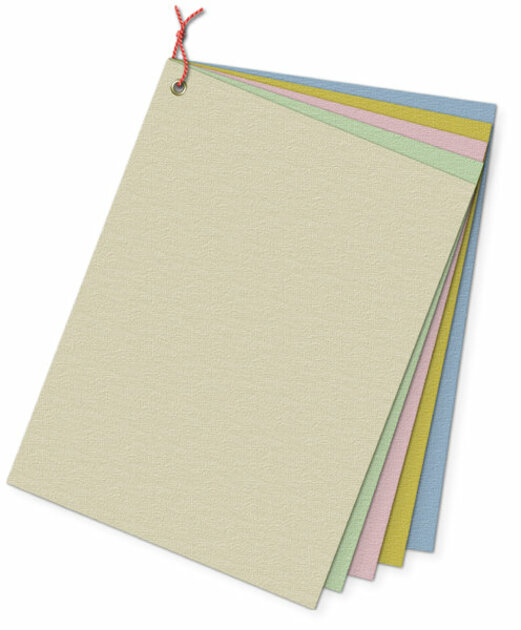
Our Mishna on Amud Aleph discusses a scenario where unfortunately a person can end up having to divorce a woman whom he “married” through the action of ma’amar (which is the rabbinic Kiddushin-prelude to formal Yibum.) Should a second brother who was married to this woman’s sister also die childless, he now will have to divorce his current wife and do chalitzah to her, and do chalitzah to the sister. Why? Since ma’amar is only a rabbinic Yibum, the two women are actually what’s known as achos zekukaso, two sisters whom are forbidden to marry and linked via the bond of potential Yibum. The Mishna comments:
ææø¿æ ææø¿ æÂøñæ æøÇæˋæø¯æˆø¥æø¿ æø¯ææø¿æ ææø¿ æÂøñæ æøçæˋæøÑæˆ æø¡æøÇææ
Woe unto him for his wife and woe unto him for the wife of his brother
Tosafos (“Oy”) notes that though this is far from the only Mishnaic case where a man is forced to divorce his wife, the Mishna laments “Oy”, because in this case he was not negligent in any manner. In fact, he was following procedure, performing the mitzvah as directed and suffered the bad mazal of his other brother dying before he could consummate the Yibum to sister-in-law number one.
This is in line with what we discussed in Psychology of the Daf Yevamos 17. Though the ways of Torah are pleasantness, that is in terms of its basic precepts and rules. The Darchei Noam principle does not apply to individual circumstances, as unfortunate as they may be. Just as we can say God made the human body with perfect wisdom, yet there will be mutations and other organic failures that occur in individuals. So too, the general principles of the Torah can offer spiritual and physical benefit and success, even if an individual circumstance or situation will be difficult. The Rambam makes this exact point in Guide for the Perplexed III:34, which we discussed at length in Psychology of the Daf Yevamos 17.

 Previous
Previous
